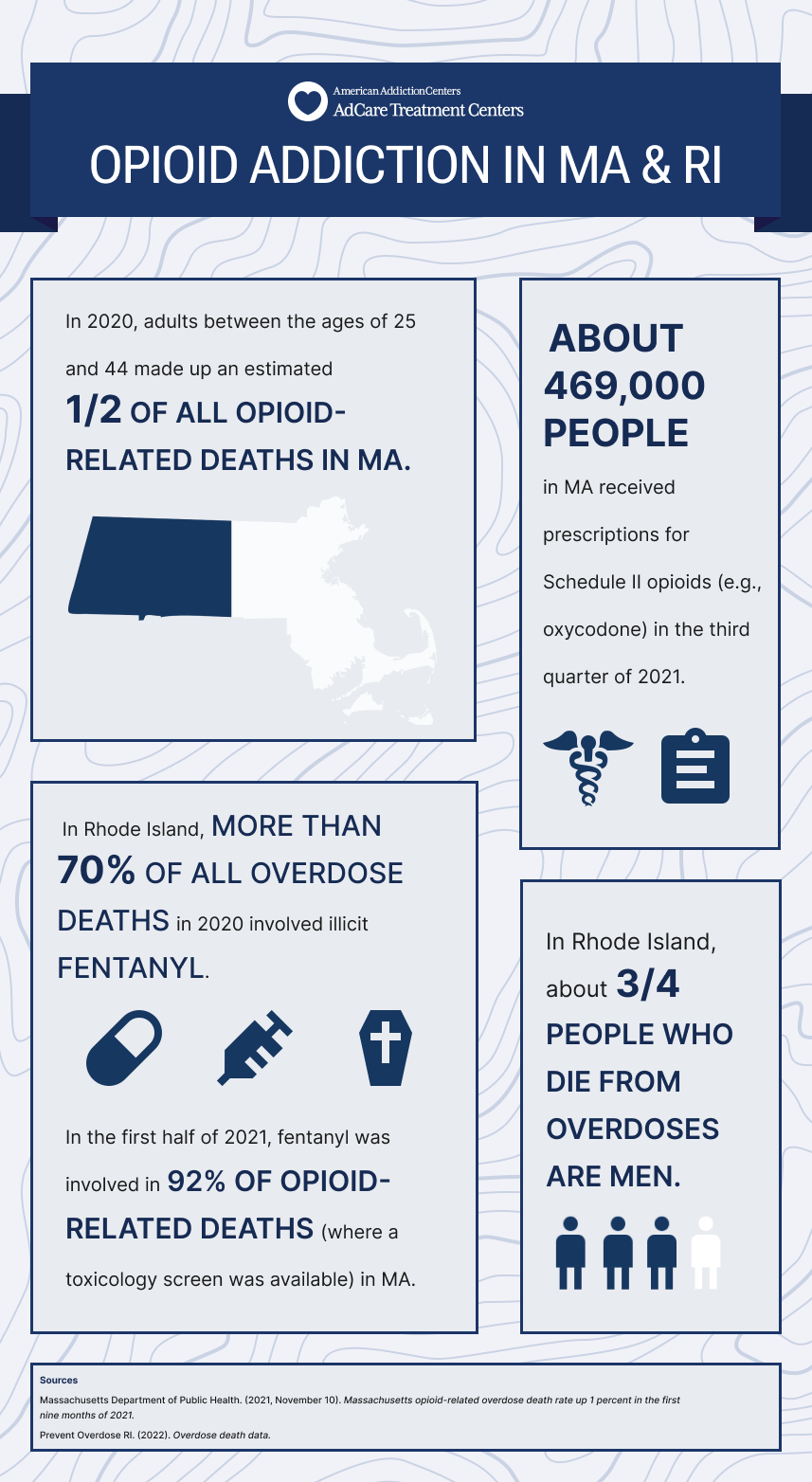Virtual Narcan Training for Overdose Awareness Day
Opioid-related overdose deaths continue to rise across the country. According to the U.S. Centers for Disease Control and Prevention, more than 100,000 people died from a drug overdose between February 2021 and February 2022. This was the highest number of reported drug overdose deaths in the United States. August 31st is National Overdose Awareness Day, a time to put the spotlight on this epidemic. It’s also an opportunity to explore how harm-reduction strategies can help save lives.
AdCare’s Free Narcan Virtual Training Event
AdCare Treatment Center’s medical experts will host a virtual training event to demonstrate how to safely administer Narcan—the opioid overdose reversal drug—and help reduce overdose deaths in the community.
You have two opportunities to attend live Virtual Training with AdCare’s team:
- AdCare Rhode Island hosts Live Narcan Training on Tuesday, August 30th from 11:00 a.m. – 11:45 a.m on our Facebook page
- AdCare Hosts hosts Live Narcan Training on Tuesday, August 30th from 6:00 p.m. – 6:45 p.m on our Facebook page
After successfully completing the training participants will receive a digital badge acknowledging they are Narcan trained certified.
What Is Narcan (Naloxone)?
Narcan, which is the brand name for the generic drug naloxone, is a medication that can rapidly reverse the effects of an opioid overdose and save someone’s life.1 Naloxone is available in two forms anyone without medical training can use: a nasal spray (Narcan) and an autoinjector.1 Narcan is a nasal spray.
When a person uses opioids, the drug attaches to the opioid receptors in the brain. This leads to effects such as drowsiness and euphoria. When a person takes more opioids than their body can handle, they may overdose, which may result in slowed/stopped breathing, loss of consciousness, and death.1
Naloxone attaches to the opioid receptors in the body, and blocks and reverses the effects of opioids.1 The drug works to reverse overdoses from such opioids as:1
- Fentanyl.
- Heroin.
- Oxycontin (oxycodone).
- Codeine.
- Vicodin (hydrocodone).
- Morphine.
More than 87,000 Americans died of opioid overdoses in the past year. The increased availability of Narcan is critical to the prevention of further overdose deaths.1, 2
MA & RI Opioid Overdose Statistics

Harm Reduction in the Northeast
In major cities in the US, there are plans to add Narcan vending machines in neighborhoods that have high rates of opioid overdoses. For example, in New York City, there are plans to add 10 public vending machines that include Narcan, clean syringes, and fentanyl test strips.3 California, Indiana, Kentucky, and Michigan are among the states that have already employed Narcan vending machines.2
Harm reduction can include not only the increased availability of naloxone but also initiatives such as safe injection sites and needle exchanges.4 Rhode Island became the first U.S. state to officially authorize safe drug injection sites in March of 2022 for a 2-year “Safe Site Pilot Program.” 5 These sites are equipped with naloxone for staff to use in the event of an overdose.
Many proponents of harm reduction advocate for Narcan distribution as a relatively inexpensive way to fight the opioid overdose epidemic. On the other hand, some critics feel that naloxone just puts a band-aid on the widespread problem of opioid use and does not address the underlying reasons for opioid addiction.1 However, you can’t get treatment if you don’t survive an overdose. Naloxone provides the chance for someone to get help for addiction after an overdose.